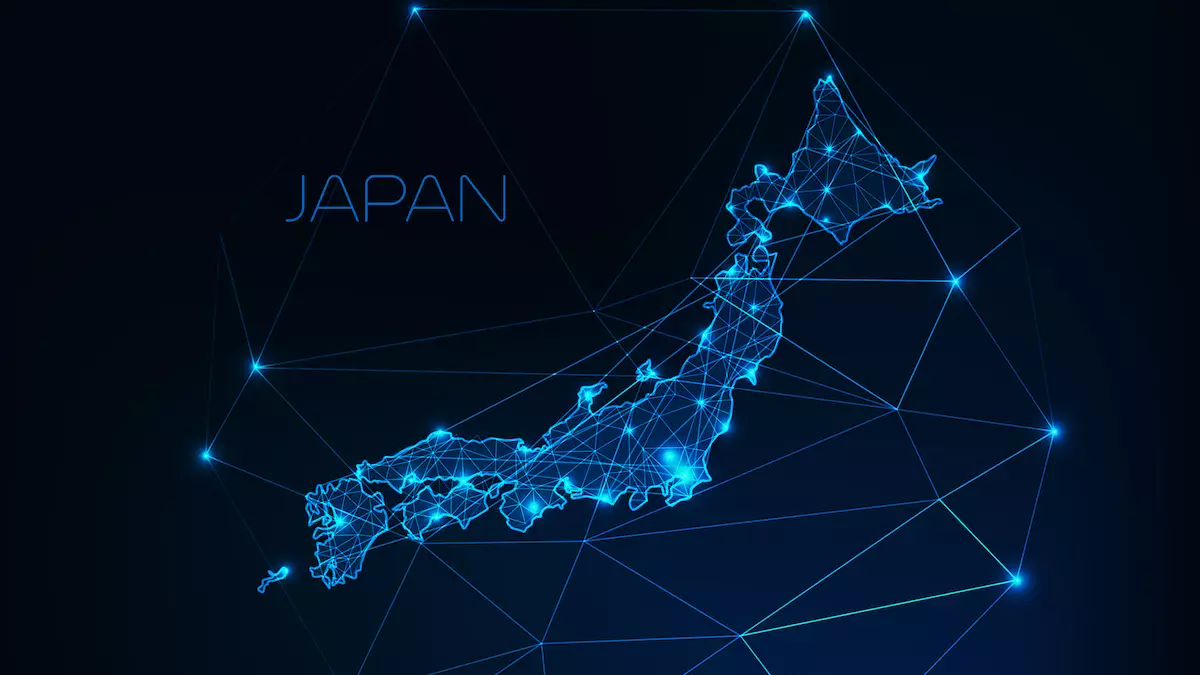Japan’s Minister of Economy, Trade, and Industry, Takeru Saito, recently announced tax reforms aimed at fostering the growth of startups in the Web3 and blockchain sectors. This announcement was made during the WebX Conference in Tokyo, Japan’s largest event dedicated to cryptocurrencies. Saito’s goal is to create a favorable environment for innovation and attract international businesses and developers to Japan. The proposed plan also seeks to position Japan as a new global hub for Web3 advancements and support the development of startups in this emerging field.
Prime Minister Fumio Kishida has outlined a vision for integrating Web3 and blockchain technologies into Japan’s economic and social development strategies, which he refers to as “new capitalism.” He views these technologies as promising solutions to some of the country’s most pressing social issues. Kishida’s cabinet has devised a broad Web3 strategy that includes economic measures and various initiatives to build the necessary infrastructure for Web3-related tokens to operate in Japan. The government’s objective is to drive innovation across multiple sectors and leverage Web3 technologies for more than just economic growth.
Social Impact and Community Revitalization
Japan’s embrace of Web3 technology extends beyond economic considerations to address important social issues, particularly in rural areas. An excellent example of this is the Neo-Yamakoshi project in Niigata, which demonstrates how blockchain and non-fungible tokens (NFTs) are being used to revitalize communities facing demographic decline and economic challenges. The project, founded in 2021, introduced the Nishikigoi NFT collection based on colorful koi fish. These digital assets serve as identifiers and governance tokens for the project’s residents, enabling them to participate in the governance of the village’s decentralized autonomous organization (DAO) and contribute to decision-making processes. The project has attracted nearly 1,700 digital citizens and raised over $423,000 to support local development efforts.
Japan’s proactive stance on Web3 and blockchain technology stands in stark contrast to the more conservative regulatory approach taken by the United States. While Japan strives to create an innovation-friendly environment and leverage blockchain technology to address social issues, the U.S. has taken a more protective and regulatory stance. A recent example of this divergence is the U.S. Securities and Exchange Commission’s (SEC) issuance of a Wells notice to Opensea, a major NFT marketplace, signaling potential enforcement action against the platform. Japan’s open attitude toward adopting new technologies and exploring their potential benefits contrasts sharply with the regulatory challenges faced by other countries.
By supporting the Web3 revolution through tax reforms and infrastructure development, Japan is positioning itself as a leading destination for innovation in the global Web3 landscape. The country’s commitment to embracing Web3 and blockchain technology could become a defining feature of its approach to navigating the future of digital assets and blockchain technology. Japan’s efforts to create a conducive environment for innovative startups and leverage the potential of Web3 technologies showcase its commitment to driving progress and addressing societal challenges through technology.
Japan’s support for Web3 and blockchain technology represents a forward-thinking approach to fostering innovation and addressing social issues. By embracing new technologies and creating an environment conducive to their development, Japan is positioning itself as a pioneer in the global Web3 arena. With tax reforms, infrastructure initiatives, and a vision for integrating Web3 technologies into various sectors, Japan is leading the way toward a more innovative and sustainable future.

